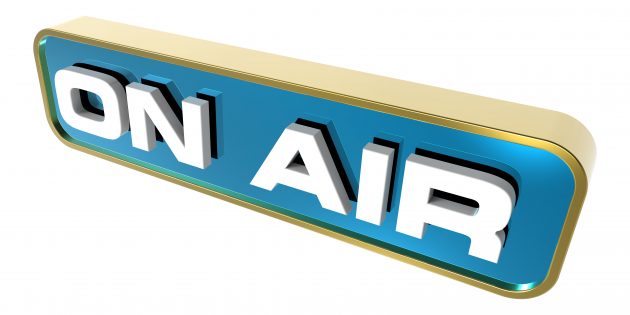I’m inspired to write this blog post today following a podcast interview I just listened to.
Podcasting has come a long way in recent years and many of them are excellent now. It hasn’t always been that way. For a long time, they were struggling to find an audience and to have the same high-quality existence as their radio counterparts, but now there are many successful ones available to listen to whenever it’s convenient for you. Another thing I love about podcasts is that the audience consists of people with a shared interest, e.g., entrepreneurship, personal finance, rock collecting, wine drinking, or whatever, rather than an audience based on demographics and geography. Plus, there is a podcast for just about every interest, so if you have a book or product that relates to that common interest, you can have a very motivated audience when you do the podcast interview.
Whether you’re doing a podcast interview or a radio show, there are certain fundamentals you need to master in order to deliver a great show to the host.
Sound quality: It is imperative that any equipment you use, such as a microphone and headset, or phone line if you’re doing a radio interview, must be tested before the interview to make sure they are of excellent quality. Remember, all people have to create an impression of you and your message is the sound of your voice. If there is crackling on the line, or if your microphone has some horrible echo taking place as you speak, people are going to tune out. If you don’t know what equipment to buy, ask others. That is very easy to do now. Then be sure and test it in advance. Just as you’re going live is not the time to realize you have a cheap sounding microphone or your phone line cuts out.
Other tips for great sounding interviews include:
- Make sure your windows are closed in case your neighbor decides to fire up the chain saw, snow blower, or other loud machinery.
- Make sure family members and friends know not to disturb you while you’re on the air.
- No shouting, door knocking, or people just walking in on you.
- Be sure the pets are somewhere else in the house and are taken care of so they don’t start barking when someone knocks on the door. If you have a cat or a ferret, you may not have this problem.
Again, the time to take care of all of this is before the interview.
When it comes to your performance itself during the interview, here are some other things to pay attention to:
Be careful of using crutch words or phrases, e.g., “I totally agree with you,” or “That’s a really great question,” or “I’m glad you asked that.” It’s fine to use throw-away lines like that once, but any more than that and it begins to sound like, well, a crutch. And it is. Lose them.
Set up the next question while you’re giving your current answer. When you don’t do that, it leaves all the work on the host to take the interview in the next direction. Instead, you want to fully give your answer and begin to transition to the key topic and key message you’d like to get into next. The interviewer doesn’t always follow along, but most of the time he or she will, and at least you have provided them with an easy lead-in into the next topic. Good job.
Be very careful not to step on the host or interrupt him or her while they’re still talking. Because radio and podcasts don’t have all the visual communication cues, the only thing you have to go on is the other person’s voice. If the actual connection is not very good, or the reception is questionable, this can make it even more difficult. Before responding, allow a beat to go by to be sure the host has completed their thought before starting to speak. This takes some discipline and some getting used to. In general conversation, we often get excited and interrupt one another, but remember the listener. You want him or her to be able to hear you both and enjoy the interview.
Pay attention to the host’s pacing, tone and delivery and pace yourself with him or her.
I have lots of great tips for delivering great interviews. It is a skill and an art. If you hear someone do it really well, chances are they’ve had lots of practice and experience. Probably the most important thing to remember is have fun!
Oh, and by the way, are we connected via social media yet?
You can also take my How Media Savvy Are You Assessment and see how you do!
To your success!

